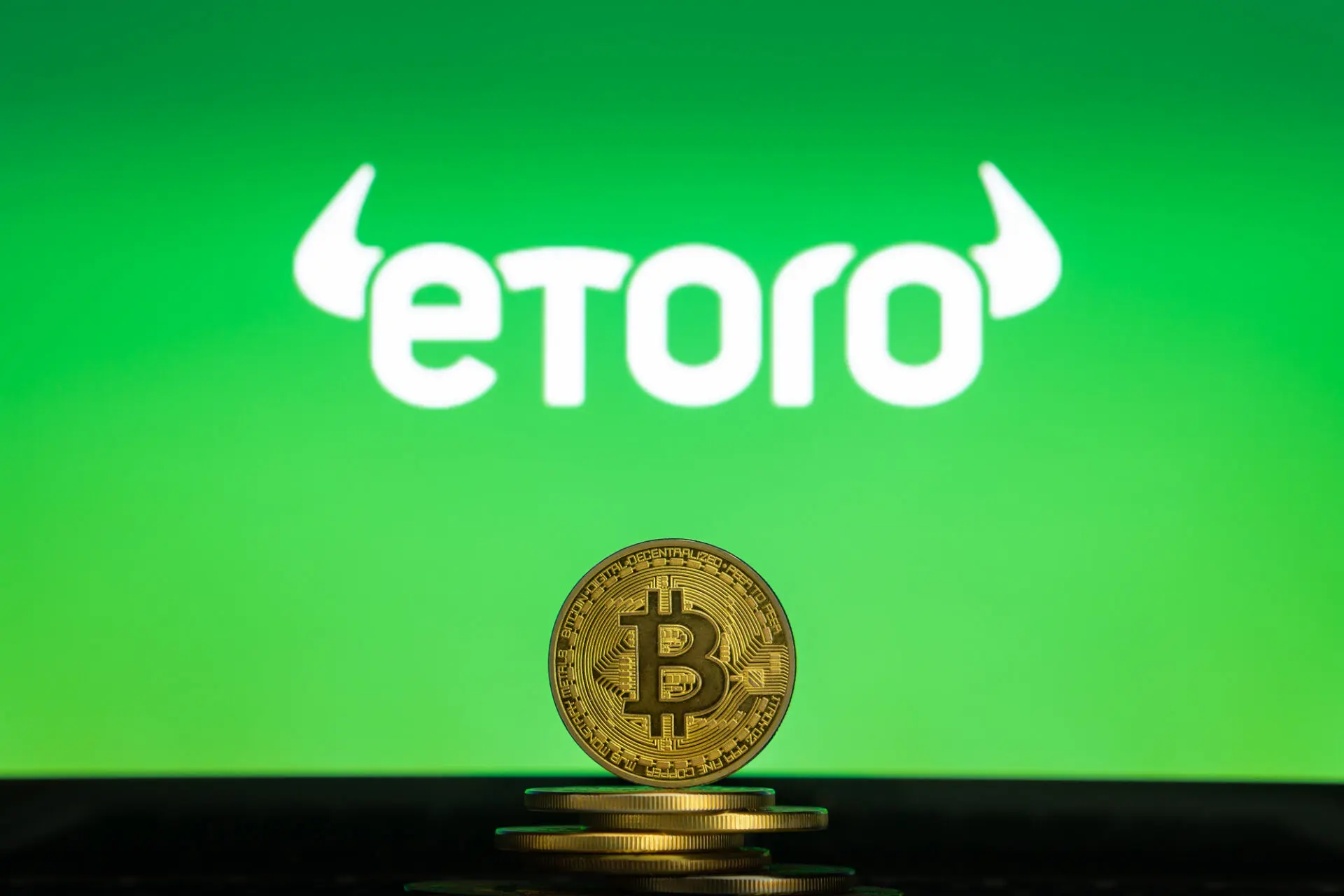Leggi questo articolo in Italiano

SEC vs. eToro: crypto trading limited to BTC, ETH and BCH
By Davide Grammatica
The cex eToro has settled legal diatribes with the SEC by paying a penalty to a limit on crypto asset trading

SEC vs eToro
Trading platform eToro has reached a settlement with the U.S.Securities and Exchange Commission (SEC) in connection with previous allegations of violating federal financial asset laws.
Thus, as can be understood from the agency’s official statement, eToro will now be allowed (after payment of a $1.5 million penalty) to offer U.S. customers digital asset trading limited to Bitcoin, Ethereum and Bitcoin Cash.
Users will be given 180 days to get rid of their no-longer-accepted crypto assets, which before today amounted to as many as 74 tokens. In other words, 95 percent of the cryptos on the platform have been “banned.”
“The terms of the agreement will have minimal impact on our business,” Yoni Assia, ceo of eToro, said in reassuring tones. Outside the United States, eToro users will continue to have access to over 100 different cryptos.”
An update from eToro US regarding our settlement with the SEC:
“This settlement allows us to move forward and focus on providing innovative and relevant products across our diversified US business. US users can continue to trade and invest in stocks, ETFs, options, and three of…
— eToro US (@eToroUS) September 12, 2024
SEC continues to strike
The SEC’s action against eToro appears to be of the same nature as the one against Robinhood, which was sent a warning a few months ago. For this reason, it would not be surprising to see a settlement in the near future with the second cex as well, which unlike other exchanges also offers stock trading.
Perhaps partly because of this, the regulatory path taken with the agency has been of a different nature than with Coinbase and Binance, which have had quite different problems instead.
“We now have a clear regulatory framework for crypto assets in our domestic UK and EU markets, and we believe we will see something similar in the U.S. in the near future,” Assia concluded.


